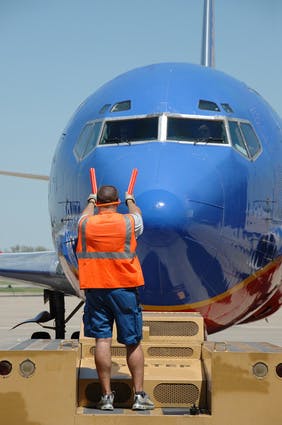In the past few days, a pair of notable airline stories have hit the news.
On June 20, two planes almost collided at John F. Kennedy International Airport in New York. Fortunately, catastrophe was averted at the last moment. We don’t know, as yet, what caused this potential disaster. Frequently, however, these and like near misses and sometimes crashes, are the result of distraction and human error on the part of the flight crew or air traffic controllers.
Outrageous behavior rather than doing their jobs
This morning, I awakened to read a story about an event involving Southwest Airlines. Two pilots made homophobic, sexual, and age-based comments to one another — outrageous banter — as they flew above 10,000 feet. Other pilots and flight controllers heard their remarks. A few pilots made a point of saying they were not the ones speaking. A controller told the Southwest pilots to watch their language.
For a few seconds, there were people in critical situations focusing on outrageous behavior rather than doing their jobs. With planes flying at hundreds of miles an hour in crowded skies, seconds of distraction can be deadly. Fortunately, there was no crash and no physical harm done to passengers or the public. Southwest has disciplined the pilots and ordered them to engage in some form of diversity training.
I think this response and remedial training misses the mark.
Diversity training is a form of sensitivity, enlightening individuals as to people’s differences and commonalities and how to work effectively with others respecting their unique qualities. Yes, it’s important. Here though, the issue that is clearly revealed is that behavior of this sort is more significant in the context of its potential risk to safety, attention, and the public good.
Divisive conduct is a safety hazard
Had these conversations so distracted the controllers that we had not a near miss, but a catastrophe, as we almost had at Kennedy Airport, we wouldn’t be talking about the need for diversity training. We’d recognize divisive conduct is not only insensitive and cruel, but also so disruptive that is a safety hazard.
I think we would go much further in the workplace if we realized that disruptive behaviors causes risks to safety, quality, and productivity and recognized that that is the way to address and prevent deplorable behaviors of the kind we just saw which we continue to read about.
The terms “sensitivity training” and “diversity training” diminish their significance and underestimate how important applying key concepts of civility and professionalism are to all of us. This is just a stark example, which, fortunately, did not result in catastrophe.
